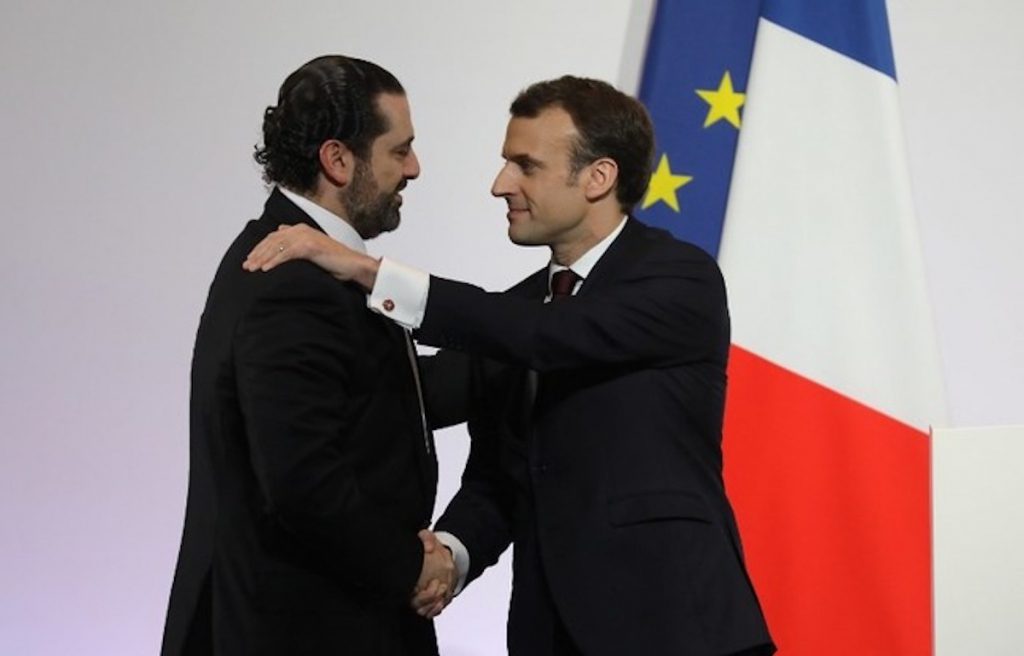The “People’s Budget” series is a set of articles that reflect the opinions of economists and other experts regarding the most recent updates on Lebanon’s 2019 draft budget.
The Lebanese often assert that their country is different from the rest of the Arab World, backing their claims with a stream of unchanging concepts we’ve grown tired of listening to: From democracy and the pluralistic political system found in Lebanon to the freedom of both expression and belief.
If we push past the hollow claims and look into the the country’s economic and political dynamics, we’d see exactly how well Lebanon fits in with the rest of the Arab World. The condition that Lebanon, and the rest of the region, falls into is a product of a historical process that separated the domain of politics and authoritarian regimes from the domain of economics through bureaucracy and technocracy. The process also pushed away the questioning of wealth production from the heart of the economic debate.
The Lebanese-Arab system should take most of the responsibility for the repercussions of the deficient historical process, but limiting this responsibility to the political system turns a blind eye to the role that intellectual elites play in it. The great thinkers of Lebanon and the Arab World are partners, whether intentionally or unintentionally, in holding this responsibility. Even those who stage themselves as opposers of the system and its tyranny.
This line of thinking considers that the political system and intellectuals like economists should be collaborating to promote the fair distribution of wealth on society, despite clashing views on the targets of this distribution and how to achieve it. But serious discussions on the production of this wealth are almost entirely averted.
The intellectuals who oppose the Lebanese political system, from traditional leftists to civil society activists, continue to disparage the political system, its corruption, and its inability to lay a solid foundation for a welfare state with equitable distribution of income and wealth. The patrons of this system, in a tragicomic paradox, also adopt these same criticisms. Some of them have even declared a war on corruption. (Whose corruption?). Others have called for the need to prioritize finding solutions for the poverty and deprivation of the areas they claim to represent, in their attempts to slice off and distribute a larger piece of national wealth to spend it on fastening and securing their sectarian and clientele authority.
Here, it is necessary to acknowledge the cunning of the political system in spinning intellectuals around in circles that feel like important steps of opposition and confrontation to those they are playing with. All this system has to do is erase demands that call for the fair distribution of wealth by class and pencil out demands for its distribution by area, to “protect against the evils of deprivation.” Whether this deprivation be real or fake. As for the question of how to produce the wealth that is intended to be distributed, there seems to be a silent consensus that the issue is not political.
The recent heated debate on the budget plan stands as evidence of all that was mentioned above. Its roots go back to prioritizing austerity measures and budget cuts that reduce the deficit enough to receive the international loans promised in the CEDRE conference. The nature of this debate is distributive, even if it focuses –out of necessity– on the public sector employees who will get their salaries cut and be deprived of their benefits. And even if it focuses on raising taxes on bank profits or other measures that target the pockets of the wealthy to fill the deficit. Regardless of whether these proposals are valid or not.

The urgent question here is as follows: If the wealth in Lebanon is the product of a capitalist bubble originating from the world of cash and virtual money rather than agriculture, industry, and material exchanges, then how can we rely on the procedures that come from this bubble?
Didn’t scholars warn us that what is built on falsehood is false?
Then, developing productive resources becomes necessary in the effort to produce national wealth that can be distributed. This is not a technical issue. The damage done by separating politics from the failing economy of our nation needs to be fixed to transform the system from one that favors the distribution of wealth based on sects and clienteles to a system that favors the economy and focuses on wealth production under the condition that is fairly distributed.
The thinkers and intellectuals need to elevate their understanding of the dialecticals of politics, economics, and wealth production and to radically depart from the current political system. Who knows, maybe this awakening from the tricks and cunning of current politics can take the system and spin it around on its own axis.